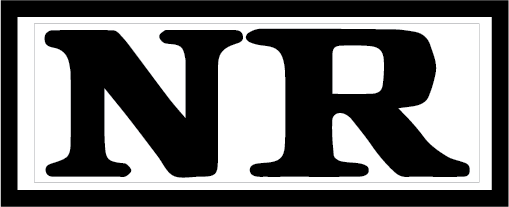

One poster on IMDB raved about The Trip, "If you like Will and Grace you'll love The Trip," which sounds about right, though it's hardly a ringing endorsement. Writer-director Miles Swain uneasily blends precious sitcom one-liners, unlikely contrivances, and broadly painted characters with stilted attempts at dramatic poignancy. I suppose Swain's overreaching ambitions deserve an "A" for effort, since The Trip spans a decade in gay civil rights. But Swain can't decide whether he wants to draw his viewers into the story or wink his way along, leaving them tickled but on the outside.
Larry Sullivan plays Alan Oakley, a young journalist welcomed into Republican social and political circles. He's working on an unflattering book about American homosexuality called The Straight Truth when he meets Tommy Ballenger (Steve Braun), a young gay rights activist. Ostensibly interested in an interview, Alan invites Tommy home, where Alan's Republican dippy hippie lover takes the hint and leaves them alone. The self-loathing and repressed Alan takes a bit longer to figure out what he wants, but eventually Alan and Tommy become a couple, and also an incovenience to Alan's career. Various ups and downs follow, in no small part catalyzed by a slimy lawyer who wants Alan all to himself. The story culminates in a half-baked Thelma and Louise road trip, but the real journey is--wait for it--life.
With its pop political critiques, The Trip resembles a cross between Will and Grace and All in the Family; in filmic terms, The Trip is a less-campy stone's throw from the more memorable But I'm a Cheerleader. Unaccountably, Swain indulges anachronistic humor, like a "don't inhale" political joke and references to home video aerobics in the context of the late '70s. Alex Arquette plays the queeny friend part, Jill St. John (looking nothing like her senior citizen age) dances through as Alan's mother, and Julie Brown and real-life gay activist David Mixner file cameos. In the leads, Sullivan and Braun do their best but give off a flop-sweat, community-theater vibe whenever the script requires some real acting.
Devoting roughly half an hour each to chapters set in 1973, 1977, and 1984, and framing each with historical footage of gay (and anti-gay) social movements, The Trip packs too much into its slim 95-minute frame, giving the feeling of bite-sized "The More You Know..." infotainment. Consequently, it fails as credible history, comedy, drama, and even romance. While I'm loathe to begrudge a positive-minded gay film, that doesn't make The Trip any better.